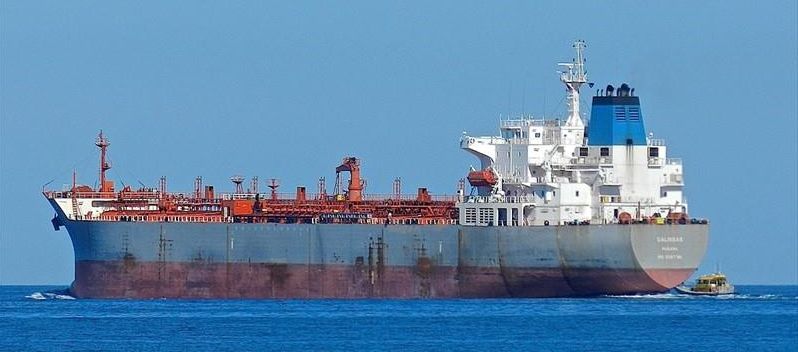
The master was found knowingly to have failed to report the hazardous condition to the USCG on the mandatory pre-arrival paperwork. He was also found to have failed to declare it when the vessel arrived in Newport. The crew received and installed the spare part they needed as soon as they arrived in the US, but the system remained broken after they installed it.
On February 20th, the day after the arrival, the US Coast Guard boarded the Galissas and began an inspection. The captain told them that the inert-gas system did not work. inspectors took measurements of the oxygen percentage in the vessel’s cargo tanks. These measured between 15% and 17%, compared with a maximum safe level of 8%. Given the fire or explosion hazard created by this excess, the USCG ordered the tanker to relocate to an anchorage further offshore.

The master consulted with Zeus’ operations manager about the situation, and it was alleged that the manager instructed the master to fabricate a logbook that showed regular readings of the tank’s oxygen levels during the voyage. This fake log was designed to show that the oxygen level had been safe at the time of departure and throughout most of the vessel’s transit. In reality, the crew had taken no readings of the kind. The task of making up this logbook fell to the chief mat. This log was presented to the USCG.
The marine inspectors also found more than two dozen deficiencies on the ship. The garbage record book, load line certificate and fire drill records were missing; life boat launching arrangements were inoperable, and there were problems with the steering gear, electrical systems, winches, potable water system, and oil water separator.
In the course of the inspection, they discovered that the chief engineer’s oil record book log entries did not correlate 100% with the electronic records on the oil-water separator. The USCG interviewed the chief engineer, who claimed that the ship’s oily waste had been properly discharged properly to shore reception facilities.
However, the USCG determined that this claim was incorrect. The chief engineer was found on three separate occasions to have ordered other crewmembers to discharge untreated oily bilge water into the sea. That led to the release of 9,500 gallons of oily waste into the marine environment. None of these discharges was recorded in the oil record book.
The chief engineer was claimed to have repeatedly ordered his subordinates to lie about where the oily waste had gone.
Zeus Shipmanagement agreed to plead guilty to one count of failing to maintain an accurate oil record book and one count of failing to immediately report a hazardous condition. The firm agreed with prosecutors to recommend a fine of $2.25m and be subject to the standard four years of probation.
Chief engineer Roberto Cayabyab Penaflor pleaded guilty to one count of violating MARPOL. The captain, Jose Ervin Mahigne Porquez, pleaded guilty to one count of failing to immediately report a hazardous condition.
The pair will be sentenced at a later date. They face a maximum penalty of six years’ imprisonment and a fine of up to $250,000.
2008-built, Panama-flagged, 29,924 gt Galissas is owned by Galissas Trading SA care of Zeus Lines management SA of Athens, Greece. It is entered with West of England Club (Claijs Team Greece) on behalf of Galissas Trading SA. As of April 3rd 2023 it was anchored off Maputo, Mozambique.
Source: USDOJ












